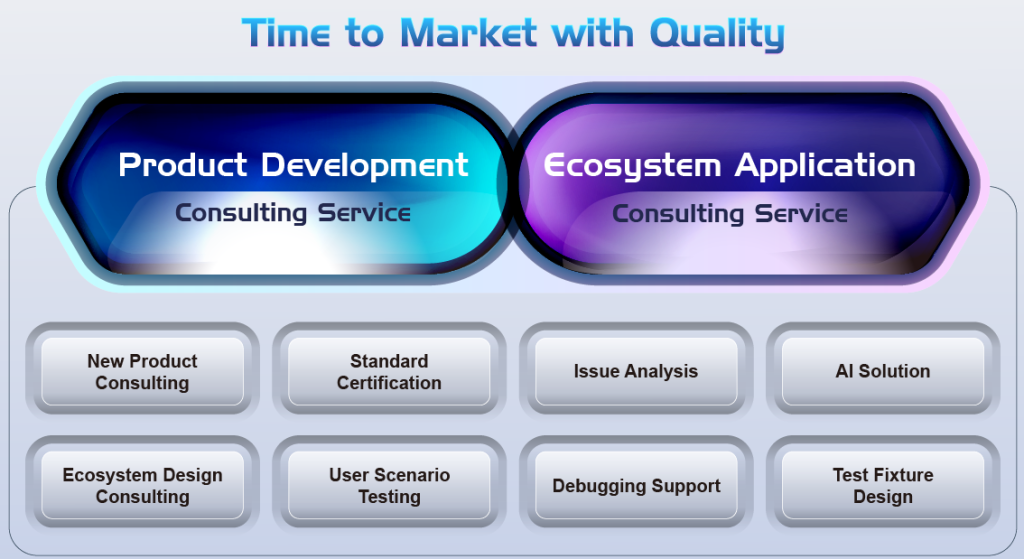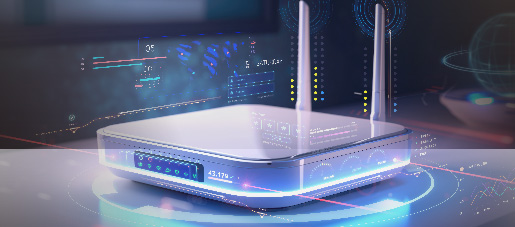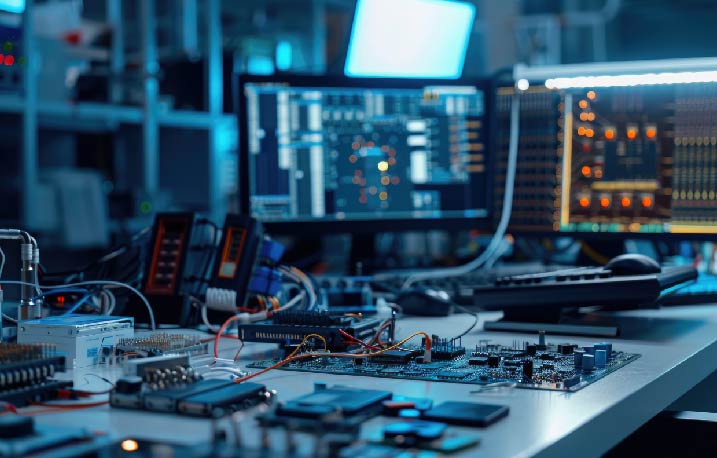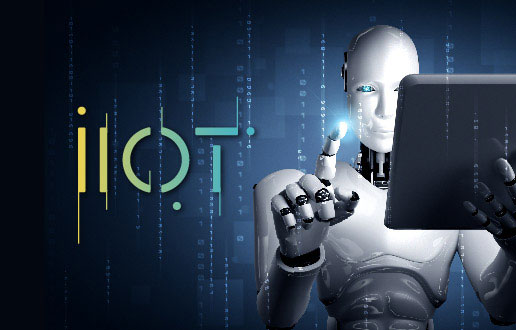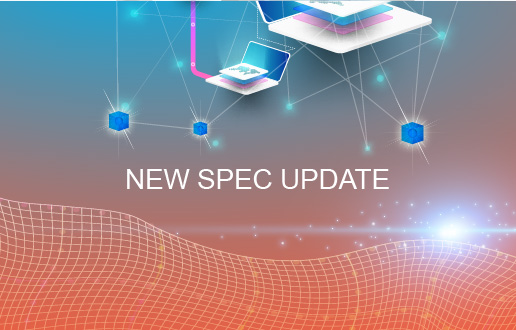Pairing Matter Smart Devices
When we purchase smart home devices, the first step is to pair them with different smart home platforms, such as Apple HomeKit, Amazon Alexa, Google Home, and Samsung SmartThings. Previously, consumers had different pairing methods for each smart platform. However, with the advent of Matter, pairing smart devices has become much simpler!

Although the user interfaces of different platforms vary, Matter employs the following two methods for pairing:
- Scanning the Matter QR code with a smartphone camera
- Entering the Matter PIN code

After you complete the QR code scan or enter the PIN code, follow the on-screen instructions step by step to complete the required selections for pairing. Finally, you can happily use your newly purchased smart device and enjoy the convenience that smart home devices bring to your life!
Issues During Initial Pairing
While the Allion consulting team was researching and building the Matter smart home ecosystem, they discovered an issue during problem analysis: when attempting to pair certain Matter smart bulbs through Google Home for the first time, users encountered a situation where the initial pairing was successful, but they could not immediately operate the smart bulbs.
The Allion consulting team initially thought this might be due to Google Home still processing the pairing settings, and that after a short wait, they would be able to operate the Matter smart bulbs. However, after waiting for more than 10 minutes, instead of being able to operate the smart bulbs, the indication received was that the bulbs were offline, as shown in the image below:

Solution
So, is this problem related to the Google Home platform, or is it an issue with the smart bulb itself? The Allion consulting team conducted further research and analysis. The team prepared the following verification environment and equipment:
Verification Equipment
- Test Product: Wiz Wi-Fi BLE A60 E27 922-65 RGB Smart Bulb (Supports Matter)
- Testing Phones: Apple iPhone X (iOS 16.7.5) / Realme C15 (Android 11)
- Access Point: ASUS ET8
- Apple Ecosystem Controller: Apple TV 4K 3rd Gen (Supports Matter)
- Google Ecosystem Controller: Google Home (Supports Matter)
- Alexa Ecosystem Controller: Amazon Echo Dot Gen 4 (Supports Matter)
- Samsung Ecosystem Controller: Samsung SmartThings Station (Model: EP P9500) (Supports Matter)
Usage Scenario
- First, perform a factory reset on the Matter-supported Wiz smart bulb.
- Then, use the Apple HomeKit, Google Home, Amazon Alexa, and Samsung SmartThings apps to execute the initial pairing and perform the light switch operation.
Verification Results


From the experimental results, it was found that when using the Google Home platform, whether pairing via QR code or PIN code, it was impossible to immediately operate the smart bulb after the initial pairing was successful. Even after waiting for an hour, the smart bulb remained unresponsive! Ultimately, the only solution was to forcibly power cycle the hardware by turning the power switch off and then on again, which allowed Google Home to detect the status of the smart bulb and bring it online for successful operation.
The consulting team also suspected it might be a compatibility issue with the phone. They tested different Android OS version phones from various brands, such as Samsung, Google, and Sony, but the issue of not being able to directly operate the smart bulb after initial pairing persisted.
Subsequently, they also verified that after a successful pairing, rebooting the phone still resulted in the smart bulb displaying an offline status when accessing the Google Home interface. Based on the above results, it was determined that this is a compatibility issue between the smart bulb and the Google Home platform!
The Allion consulting team understood that, as Matter is still in its development stage, the issue may be resolved with updates to the Google Home backend cloud. One week after discovering the issue, they unpaired the smart bulb and re-paired it, and indeed the problem of not being able to operate it after the initial pairing in Google Home no longer occurred. This was consistent across all tested phones! The consulting team confirmed that the version of the Google Home app had not been updated, indicating that the resolution was likely due to updates on the Google Home backend cloud. However, this raises concerns: could the backend updates of Google Home potentially create new issues, causing inconvenience to users? Therefore, ensuring that Matter devices can operate normally after pairing has become a critical issue that all manufacturers should pay special attention to!
Faster, Easier, Better! Trustworthy Smart Home Ecosystem Consulting Services
Smart home devices should work properly after successful pairing; this is the most basic requirement for functionality and user experience! If the device shows as offline and cannot be operated after pairing, consumers will undoubtedly lose trust in the product or smart platform. They may think, “Did I buy a defective product?” leading to thoughts or actions of returning it, which results in complaints and increased costs for ecosystem service providers and manufacturers. As the Matter smart home ecosystem is still developing, the frequency of updates to the backend cloud of smart platforms is very high. Additionally, using different phones or app versions can lead to even more unpredictable issues!
The Allion Smart Home Consulting Team encompasses major smart home platforms and related products that support Matter, providing you with comprehensive and complete solutions to prevent unexpected compatibility issues after your product hits the market, thus reducing customer complaints. The “Allion Smart Home Ecosystem” consulting team offers a rich testing platform, providing a full range of integrated consulting and testing services:
- Rapid establishment of smart home ecosystem laboratories
- Quick development of verification strategies
- Fast acquisition of verification plans
- Improved and more comprehensive verification plans
- Enhanced user scenario testing
- Professional issue isolation
- Expert debugging support
Recommended Reading: Smart Home Engineering Testing Services
